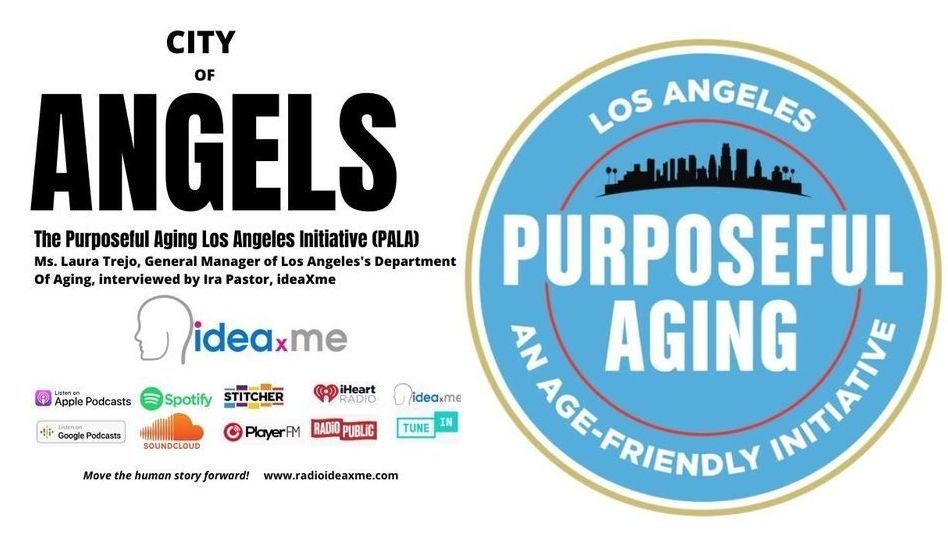Are American Federal and Supreme Court Justices lifetime appointments? If so, what’s going to happen if radical life extension becomes a reality? :
“Like all Federal judges, Supreme Court Justices serve lifetime appointments on the Court”
Are American Federal and Supreme Court Justices lifetime appointments? If so, what’s going to happen if radical life extension becomes a reality? :
“Like all Federal judges, Supreme Court Justices serve lifetime appointments on the Court”

Excerpts from Dr. David Sinclair appearances during 2019 and early 2020. The focus I highlight in this compilation is around the research in progress on aging, age-related diseases and biological age reversal.
Dr. Sinclair is a well-known geneticist, researcher and professor, first at MIT and since more than two decades ago, at Harvard University.
O.o woah!
When we’re watching an action movie, we might think that we’re watching main characters through a bunch of explosions to an improbable happy ending, but it’s just as accurate to say that we’re watching the ‘Quantum Immortality Hypothesis’ illustrated over and over again.
The same news different terminology… How long has olive oil been tauted??? AEWR.
The ingredient, a staple of the Mediterranean diet, contains healthy fats thought to activate cells to slow down aging and lower disease risk.
WASHINGTON: Scientists have found that people who have a variant of a longevity gene have improved brain skills such as thinking, learning and memory. Researchers found that increasing levels of the gene, called KLOTHO, in mice made them smarter, possibly by increasing the strength of connections between nerve cells in the brain.
“This could be a major step toward helping millions around the world who are suffering from Alzheimer’s disease and other dementias,” said Dena Dubal, an assistant professor of neurology, the David A Coulter Endowed Chair in Aging and Neurodegeneration at the University of California San Francisco (UCSF) and the lead author of the study published in Cell Reports. “If we could boost the brain’s ability to function, we may be able to counter dementias,” Dubal said.
People who have one copy of a variant, or form, of the KLOTHO gene, called KL-VS, tend to live longer and have lower chances of suffering a stroke whereas people who have two copies may live shorter lives and have a higher risk of stroke. In the study, researchers found that people who had one copy of the KL-VS variant performed better on a battery of cognitive tests than subjects who did not have it, regardless of age, sex or the presence of the apolipoprotein 4 gene, the main genetic risk factor for Alzheimer’s disease.
If you can’t defeat death, what if you could postpone it, or at least postpone the diseases commonly associated with getting old?
Many people, especially the ultra-wealthy in Silicon Valley, are investing money into companies trying to answer exactly those questions.
Amazon CEO Jeff Bezos and billionaire PayPal co-founder Peter Thiel have both invested in South San Francisco-based Unity Biotechnology, a company whose mission is to “extend human healthspan, the period in one’s life unburdened by the disease of aging.”
“The possibility that 100 years old might become the new 60” : EXCELLENT SLOGAN that doesn’t resort to the troublesome” I word” (“Immortality”)! Good article to share with non-science friends: light on hard science, but good emotional impact, incl. that catchy slogan.
Technology hasn’t just improved our lives; it’s also extended them — considerably.
For most of history, humans lived about 25 years. Real acceleration emerged at the turn of the 20th century, when everything from the creation of antibiotics to the implementation of better sanitation to the increased availability of clean water, and the ability to tackle killers like cancer and heart disease has us living routinely into our 80s. But many scientists believe we’re not stopping there.
But apart from a few small-scale examples, the only stem cell-based medical treatment practised in clinics uses haematopoietic stem cells found in the blood and bone marrow – which only produce blood cells – for transplants in blood cancer patients. These cells are taken from a patient’s sibling or an unrelated donor, before being infused into a patient’s blood, or they’re taken from a patient’s own blood before being reinfused. The procedure has been used to treat blood malignancies for almost half a century, and recently multiple sclerosis too. So how likely is it that the predictions about stem cells’ longevity-enhancing powers will become a reality?
Startups are offering stem cells as the cure to everything from age-related illness to wrinkles. But the science is far from clear-cut.
“Science hasn’t yet found a way to make complex animals like dogs live forever, so the next best thing we can do is find a way to maintain health for as long as possible during the aging process,” said Church.
And the goal was for this to hit a market and use the income to pay for human trials lasting 10 years.
Combination gene therapy developed at Wyss Institute and Harvard Medical School treats four age-related conditions.
Continue reading “Rejuvenate Bio launches to help dogs live longer, healthier lives” »

Ira Pastor, ideaXme exponential health ambassador, interviews Ms. Laura Trejo, General Manager of Los Angeles’s Department Of Aging.
Ira Pastor Comments: